Lydia Campbell, chief technology officer at Nandi Proteins, on work being undertaken to develop a gluten replacer for bread
Nandi Proteins, Genius Foods, AB Mauri and Agrii are working with researchers from Heriot-Watt University on a project supported by a £750,000 funding pot, set up by charity Coeliac UK and innovation agency Innovate UK
Millions of people around the world suffer from dietary conditions such as intolerance to gluten and coeliac disease. We plan to design a unique formula of three ingredients, consisting of protein extract from rapeseed pressed cake, naked oats and faba beans as a gluten replacer in bread. These crops are currently grown in the UK, but under-utilised.
The functionality of the ingredients will be tailored by innovative processing technology, which will lead to the development of gluten-free breads with improved nutrient profiles and desired sensory and texture characteristics. New bread formulations and ingredients will be tested by two industrial partners in their gluten-free bread range. This aligns with Coeliac UK’s strategy of targeting food manufacturers to increase the range of foods that are gluten-free.
A gluten-free diet is the only known treatment for coeliac disease and is driving an increasing demand for gluten-free foods. These usually have lower protein concentrations – gluten-free bread has 30% less protein than standard breads – indicating the need to compensate this loss. Dairy and egg proteins are added for these reasons, but are expensive and potentially add to allergenicity.
Some 70% of plant proteins are imported into Europe in the form of soy. Replacement by locally sourced plant proteins would address a key dietary need, while lowering manufacturing costs, simplifying supply chain management and securing feedstock supply.
Faba beans (30% protein) are the major beans grown in the UK, but are under-utilised for human food. Naked oats contain more protein than hulled oats (20% vs 10%) and are a small crop in the UK. Rapeseed pressed cake contains 30% to 40% protein. The UK produced 2.38 million tonnes of rapeseed in 2017. After the oil has been pressed out, approximately 1.48 million tonnes of rapeseed pressed cake remains, which is used as animal feed.
The development of new markets with protein concentrates from these feedstocks could significantly improve the quality of life of people diagnosed with coeliac disease, while adding value to the entire UK (bio) economy.


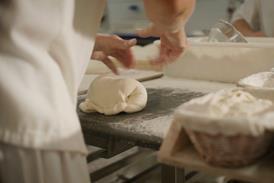
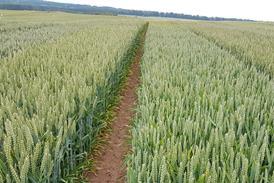
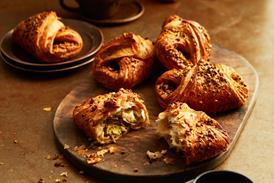
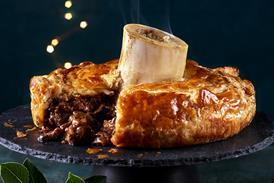
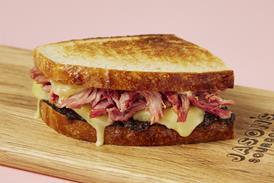


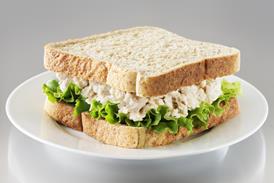



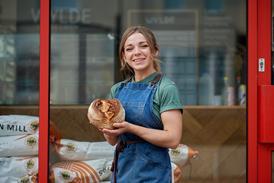
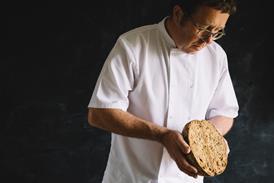
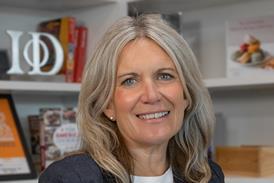


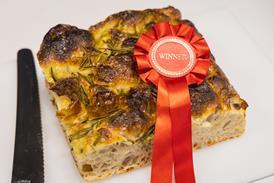

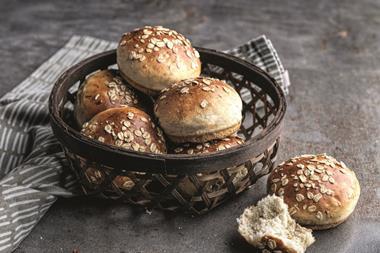
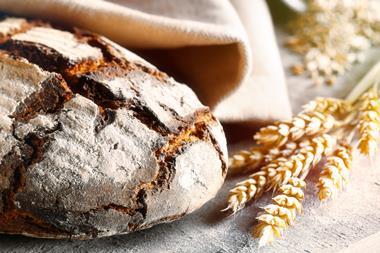

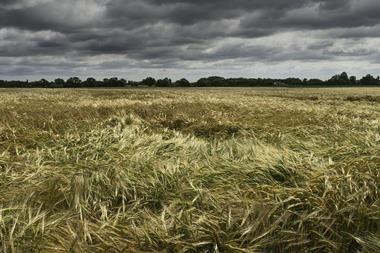
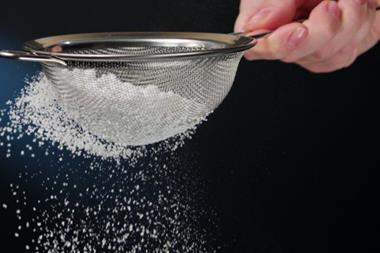

No comments yet